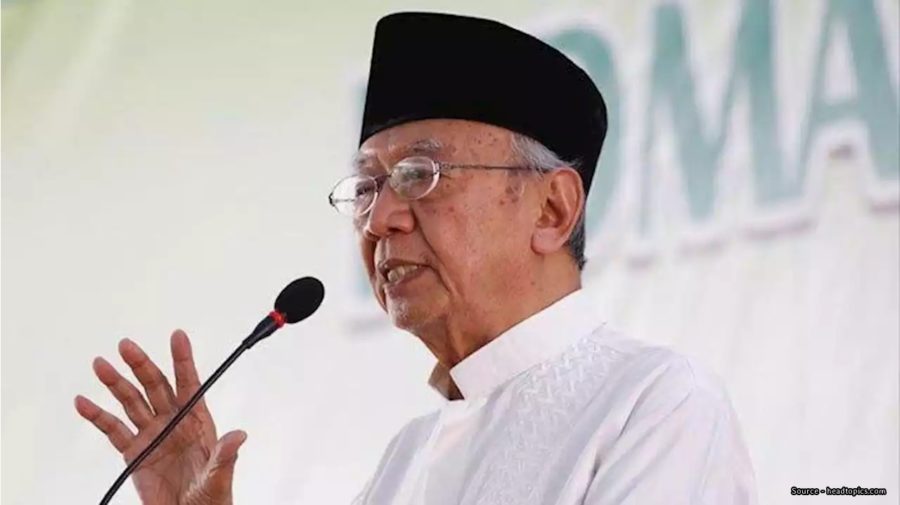CCA expresses grief on demise of prominent Indonesian Muslim cleric, Salahuddin Wahid

The Christian Conference of Asia (CCA) expressed grief on the demise of Salahuddin Wahid, a prominent Muslim cleric and defender of democracy in Indonesia.
Known for his commitment to promoting religious tolerance and harmony as well as interreligious cooperation, Wahid headed Indonesia’s largest Muslim organisation, Nahdlatul Ulama (NU) with more than 80 million members. He passed away on 2 February 2020 in Jakarta, the capital city of Indonesia.
Salahuddin “Gus Sholah” Wahid, a luminary of the Islamic movement for peace and reconciliation, was the head of the Indonesian Muslim Intellectuals Association and the deputy chairman of the National Commission of Human Rights in Indonesia.
The General Secretary of CCA Dr Mathews George Chunakara expressed condolences and sympathy on the demise of Wahid, and stated, “Wahid’s untiring efforts in establishing interfaith relations and peace-building in the conflict-affected regions of Indonesia, the largest Islamic country in the world, will be ever remembered.”
The CCA General Secretary further added that Salahuddin Wahid’s commitment to recognising religious plurality and communal harmony served as a role model for other Asian religious leaders to strengthen Asia’s long-nurtured religious harmony.
CCA Moderator Archbishop Willem T.P. Simarmata joined other religious leaders in the country in expressing sympathies on Gus Sholah's passing.
Emeritus Ephorus (Archbishop) of the HKBP, Simarmata added, “Our country has lost a great Islamic scholar and respected religious leader whose commitment and contributions in advocating for religious tolerance will be remembered by future generations.”
Wahid played a crucial role in initiating peace-building in West Papua in collaboration with the council of Papuan bishops. He was instrumental in settling religious conflicts in the violence-affected Maluku and Central Sulawesi regions, and also investigated human rights violations in East Timor. Wahid prioritised reconciliation and unity over everything else, even when confronted with serious theological differences.
The iconic statesman was known for the compassion he extended towards Indonesia’s religious minorities, especially the Christians.
Wahid was laid to rest on 3 February 2020 within the grounds of Tebuireng Islamic boarding school in East Java, Indonesia.










